#OleloHawaii
Explore tagged Tumblr posts
Text
In a new study, researchers have demonstrated that large artificial intelligence models can significantly improve automatic speech recognition (ASR) for the Hawaiian language by leveraging existing text data.
0 notes
Text

Do you know about the Māhele in Hawaii? Or the Dawes Act in the continental United States? 📃
Throughout history, there has been a continued effort to strip Native people of their connections to the land. We can see the long-term effects in some of the ridiculous housing prices of today's market. 🏡💰
Are there any ways we can actively work against this? Let us know what you think! 👀
#bookclub#readingclub#igreads#bookstagram#booksofinstagram#indigenous#kanakamaoli#nativehawaiian#reading#KanakaMaoli#UHManoa#UHPress#Indigenous#Pasifika#NativeHawaiian#Hawaii#OleloHawaii#Native#KaiReadingClub#PowerOfTheSteelTippedPen#NoenoeKSilva#booklr#tumblrreads#bookish#readers of tumblr#literature#academia#currentlyreading#wanderlust#aesthetic
80 notes
·
View notes
Text
'Ōlelo Hawai'i TikTok Masterpost
So, tiktok has been a large part in my vocabulary expansion for 'ōlelo hawai'i, so I wanted to share the creators I follow, as well as the wisdom that they've imparted on me. I use this to supplement Duolingo practice and resources I collect on here. If you use TikTok, go show these creators some love.
@alohaitschelei
Greetings throughout the day
aloha kakahiaka - good morning
aloha awakea - good day (used around noon)
aloha 'auinalā - good afternoon
aloha ahiahi - good evening
aloha pō - good night
haole - foreigner (some use this as a racist term, and it's HEAVILY frowned upon, it just means a non-native)
mahalo - thank you
mahalo nui - thanks a lot
mahalo nui loa - thank you very much
mino'aka - smile
'a'ole pilikia - no problem (similar to hakuna matata)
@iinikahakalau
these were taught in the context of giving commands to an 'īlio (dog), but they're applicable other places as well
noho - sit
maika'i - good
moe - lay down
pa'a - stuck (stay)
hele mai - come here
ho'oku'u - release/let go
ki'i - fetch
@local.lei
simple tenses:
ua + [verb] - simple past
ke + [verb] + nei - present progressive
e + [verb] + ana = simple future
hoa - friend
hoa pili - close friend
hoa hānau - cousin (friend that you're born with)
a hui hoa - until we meet again (see you later)
@no_hea
liliko'i - passion fruit
akua - God
iesū - Jesus
kupuna - elderly
pōpoki - cat
'īlio - dog
pāpale - hat
'anakē - aunty (used for any woman older than you as a term of respect)
'anakala - uncle (same function but for men)
@ka.alala
hanini - to spill water
nini - to pour water
There was wayyyyy too much to include here, but @ka.alala has tons of subbed videos where he introduces vocab and discusses various topics. @hawaiianathome also does these kinds of subbed videos so check them out too.
@mmmeliss_
Hawaiian Islands
Hawai'i - /ha.vai.ʔi/
Maui - /maui/
Moloka'i - /mo.lo.ka.ʔi/
Lāna'i - /laː.na.ʔi/
Kaho'olawe - /ka.ho.ʔo.la.ve/
O'ahu - /o.ʔa.hu/
Kaua'i - /ka.wa.ʔi/
Ni'ihau - /ni.ʔi.hau/
Colors:
He aha kēia waiho'olu'u? - what color is it?
He aha kou waiho'olu'u punahele? - what is your favorite color?
māku'e - brown
'ula'ula - red
melemele - yellow
poni - purple
uliuli - blue
'ele'ele - black
'ākala - pink
'alani - orange
ke'oke'o - white
'āhinahina - grey
'ōma'oma'o - green
E hana i ka ha'awina - to do homework
He aha kēia kinona? - what shape is this?
- pō'ai - circle
- huinahā - square
- huinahā lō'ihi - rectangle
Hiki 'oe ke kīloi kēia ke 'olu'olu? - can you throw this away please?
Holoi lima - wash your hands
E ho'iho'i i nā mea pā'ani. - put away the toys.
kuleana - responsibility
mai hopohopo - don't worry (about it)
he mea iki - (it's) a small thing
he mea 'ole - (it's) nothing.
days of the week:
pō'akahi - monday (first night)
pō'alua - tuesday (second night)
pō'akolu - wednesday (third night)
pō'ahā - thursday (fourth night)
pō'alima - friday (fifth night)
pō'aona - saturay (sixth night)
lāpule - sunday (day of prayer)
mana'o - thoughts/ideas/opinions
ke 'olu'olu - please
e kala mai - excuse me/sorry/pardon
Sentence Structure:
po'o (beginning)
piko (middle)
'awe (end)
'o wai kou inoa? - what's your name?
'o __ ko'u inoa. - my name is ___.
wehewehe.org - online hawaiian dictionary
ma'i - sick
ma'i 'oe? - are you sick?
ma'i wau. - i'm sick.
'eha - sore
'ā'ī - neck
'eha ko'u 'ōpū. - my stomach hurts.
E holoi lima - wash your hands
E noho ma ka hale - stay home.
'oe - you
au/wau - i
'o ia - he/she
iāia - him/her
months of the year:
ianuali - january
pepeluali - february
malaki - march
'apelila - april
mei - may
iune - june
iulai - july
aukaka - august
kepakemapa - september
'okakopa - october
nowemapa - november
kekēmapa - december
There's so much more content if you follow the creators I mentioned, but I hope that my 3 hours of scrolling through #olelohawaii tiktok did some good. :)
62 notes
·
View notes
Video
youtube
First, lemme say, as malihini (foreigner, guest) in Hawai'i nei, to learn ʻōlelo Hawaiʻi is our kuleana (both privilege+responsibility). Given the history and ongoing illegal occupation, learning even just a little ʻōlelo and doing our part to renormalize its day-to-day use is the least - and I do mean the bare minimum - I or anyone else visiting as tourist or living on this 'āina can do. And it should be done with respect for nā kānaka oiwi, their culture, and their ʻāina as language is not separate of these things.
I am no expert and clearly I still have a lot to learn and need all the help I can get, but if anyone else is eager to learn too, I'm happy to share some of the resources others have shared with me to supplement my online classes. Many are free and available online!
Now, having said that, e kala mai! Please don't take this as an invitation to roast me but if you're kānaka and/or nā po'e ʻōlelo Hawaiʻi, please do feel free to offer feedback! I am always eager to learn and practice with others!! I am truly humbled by the opportunity to do so.
For context, some friends and I were hoping to meet up via zoom last night to study and practice ʻŌlelo Hawaiʻi together. We are trying to meet up regularly to practice and encourage each other. Our goal for this week was to polish our ho'olauna (introductions). Unfortunately, we had to cancel/reschedule. But I've challenged myself to practice speaking every day (and not just practice my reading/writing comprehension), even if itʻs just for a few minutes. So.....
I recorded myself practicing and ya'll get to be my accountability buddies this time.
I've been learning 'Ōlelo Hawaiʻi online since this summer. One challenge I face no matter what language I speak (even English) is overcoming my social anxieties. I often freeze and/or nervously fumble over my words, particularly in group settings. Of course, this increases the less familiar I am with the language and/or culture. What fun! Aaaand Zoom classes tend to bump the dial up several notches and send my anxiety soaring through the roof. The emotional landscape of the state of the world certainly doesnʻt help either! So, Iʻm trying to make concerted efforts outside of class to help me lean into the challenges of learning online and my own discomfort. So, here we are...
Please note, this isn't my formal or more traditional ho'olauna but this is my effort to stretch and try to finds ways to speak to some of the many questions that often come up whenever I have to introduce myself, particularly when it comes to where I am "from"... Spoiler alert: I am a multi-ethnic Shimanchu, born on the island of Uchinaa but raised in the diaspora. You can call me Okinawan / Uchinaanchu or Ryukyuan / LooChooan but please know that I am NOT Japanese. Being given Japanese citizenship at birth does not erase the violent overthrow of our Kingdom and ongoing illegal occupation of the Loo Choo islands. No matter how much the Japanese government has tried to kill and/or beat or erase Shimanchu and the rich history and culture of the Loo Choo Kingdom, they cannot take away the blood that runs through my veins and the pride I hold in my heart for all of the gifts and lessons my ancestors have passed down to me.
Also, much like trying to learn my own heritage languages like Uchinaaguchi or Chahta Anumpa, it can be challenging to find folks who are both willing and able to practice indigenous languages, thanks to colonialism and the intergenerational trauma and institutional erasure or other barriers it creates/created. But I have been truly inspired by innovative and empowering ways indigenous brothers/sisters/siblings across the globe are leveraging technology to heal, connect, and overcome these hurdles, especially during these times of social distancing. (I mean, have yʻall been on TikTok??) So, here's my attempt to use technology to break down some of these barriers while also confronting some of my fears. Who knows...maybe itʻll inspire someone else to tackle some of your own fears, transform the way you think about technology, ....or perhaps (hopefully!) it'll make you pause to think about our individual and collective responsibility to decolonize ourselves and our communities and to honor the lands we call home - and the indigenous / aboriginal / First Nations peoples of the lands where we live - wherever in the world we find ourselves. (OK, gonna stop there for now before I start ranting about Asian Settler Colonialism, but consider this me lovingly calling in all Shimanchu here in Hawaiʻi to join me...)
OK. One minute challenge. Here we go!! *deep breaths*
#ʻolelo Hawaiʻi#hoʻolauna#hoʻomaʻamaʻa#e ola ka ʻōlelo#eolakaolelohawaii#Loo Choo#Ryukyu#Uchinaanchu#decolonize#indigenize#language endangerment#endangered language#language revitalization#choctaw#chahta anumpa#kuleana#sukubun#LearningInTheTimeOfCovid#TikTok#olelohawaii#LooChoo#Shimanchu#indigenous#renormalization
4 notes
·
View notes
Note
Thanks for starting the conversation about learning endangered languages. I recently started learning Hawaiian. I was so pleasantly surprised to see it offered on Duolingo along with other endangered languages like Navajo. I do not want to be disrespectful to the Native Hawaiians who were treated so terribly by colonizers. I think perhaps what we can/should be doing when learning endangered languages is to learn the history of the people who originally spoke it & advocate for them.
I also started learning Hawaiian on Drops (which side note is an excellent language learning app that is similar to Rosetta Stone, has a comprehensive + worthwhile free version, and is great for visual learners and those who thrive with flash cards), but your question is valid. A recent querent information on many Native Americans demanding privacy of their culture and language, of which we should all observe.
But most Hawaiians I have met (I lived in Hawaii for a bit working on a farm) have seemed by and large more open about their culture. They worked hard to amend the false perceptions (although it was not their responsibility to do so -- we should do the work and research in amending our own cultural bias and prejudice). They also wouldn’t classify themselves as Americans. They’re Hawaiians, a people of their own. There are Americans and migrants that have come to Hawaii, but those people are not Hawaiian.
I would like to open this topic up to Hawaiian folx. I am aware that Hawaiian was a dying language in the 1970s, but Hawaiian was made the official language of Hawaii in 1978. There were groups who pushed for language immersion within the school systems, especially focusing on younger kids to help re-integrate the language in more malleable brains (kids can learn multiple languages at equal speeds up until the age of 8).
UH also began offering Hawaiian at their university, and with Hawaiian now in many schools at varying levels, the language is seeing a comeback from the brink of extinction, but still, according to the Endangered Languages Project, Hawaiian only has ~300 native speakers worldwide, and is still classified as severely endangered. About 75% of the Hawaiian population say English is their dominant language, followed by Tagalog and Japanese.
So my question is... how do we advocate for these people and the Hawaiian language? Is it socially and culturally acceptable to learn this language? Would Hawaiians prefer that non-Hawaiians leave their language alone? Should we instead support organizations like ‘Aha Punana Leo, who push for Hawaiian in schools?
I would love to hear your thoughts.
#personal#open discussion#linguistics#endangered languages#hawaiian#'olelo hawai'i#olelo#olelohawaii#hawaii
6 notes
·
View notes
Text
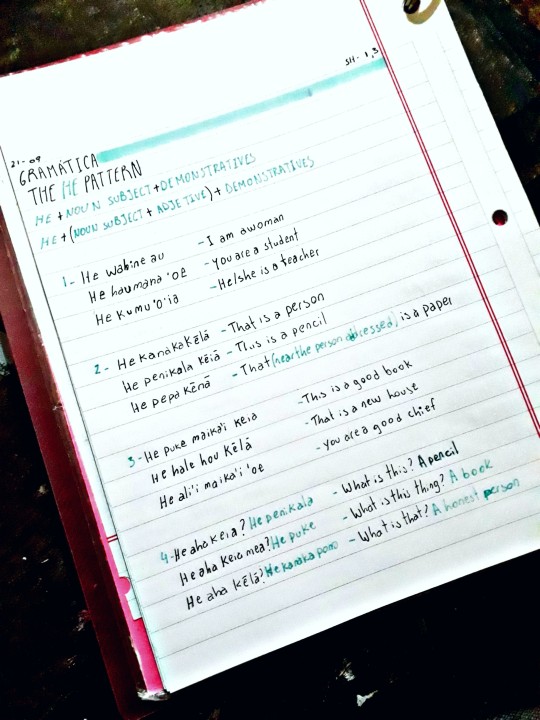
The Hawaii'an He pattern :)
As always, super messy, but it includes examples with personal and demonstrative pronouns and the question form.
Have you ever considered to study Hawaiian??
#english#spanish#hawaiian#hawaiian language#olelohawaii#studyblr#langblr#language learning#language#language blog#polyglot
19 notes
·
View notes
Video
So far we’ve practiced locating Pōpoki the Dog for our March 2020 Hawaiian Language Challenge. For this post, identify the object in Pōpoki’s possession. If you need help, check out what others are posting in the Comments or tag us and we’ll be happy to help you! @hawaiianlanguageworldwide (FB, IG) @hawaiianlww (Twitter) @halauolelo (FB, IG, Twitter) Free online/in-person Hawaiian language classes! Learn more about our global community: halauolelo.org or hawaiianlanguageworldwide.org #olelohawaii #ʻōlelohawaiʻi #hawaiianlanguage #oiwi #ʻōiwi #indigenous #olelooiwi #ʻōleloʻōiwi #indigenouslanguages #iyil2019 #internationalyearofindigenouslanguages #idil2022 #internationaldecadeofindigenouslanguages #hawaiianlanguageworldwide #hawaiianlww #hlww #nonproft #instructionaldesign #languagerevitalization #halauolelo #hālauʻōlelo #learnhawaiian #teachhawaiian #languageteaching #languagelearning #onlineteaching #onlinelearning #beanextraordinaryancestor #ancestorsomething #hawaii (at New York, New York) https://www.instagram.com/p/B9yxbR5Dq_9/?igshid=1mevpmtqsbp7x
#olelohawaii#ʻōlelohawaiʻi#hawaiianlanguage#oiwi#ʻōiwi#indigenous#olelooiwi#ʻōleloʻōiwi#indigenouslanguages#iyil2019#internationalyearofindigenouslanguages#idil2022#internationaldecadeofindigenouslanguages#hawaiianlanguageworldwide#hawaiianlww#hlww#nonproft#instructionaldesign#languagerevitalization#halauolelo#hālauʻōlelo#learnhawaiian#teachhawaiian#languageteaching#languagelearning#onlineteaching#onlinelearning#beanextraordinaryancestor#ancestorsomething#hawaii
2 notes
·
View notes
Text
Hawaiian vocab - Family
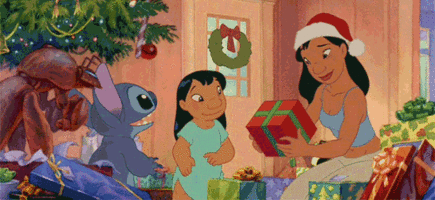
‘Ōlelo Hawai’i - English - French
.
‘Ohana - Family - Famille
.
Makua kāne - Father - Père
Makuahine - Mother - Mère
Makua - Parent - Parent
Keiki - Child - Enfant
Kupuna kāne - Grand-father - Grand-père
Kupunawahine - Grand-mother - Grand-mère
Mo’opuna - Grandchild - Petit-enfant
.
Kaikuaʻana - Brother - Frère
Kaikaina - Sister - Sœur
Hiapo - First born child - Premier enfant
Muliloa - Last born child - Dernier enfant
Keiki kāne - Son - Fils
Kaikamahine - Daughter - Fille
Kāne - Husband - Mari
Wahine - Wife - Femme
´anakala - Uncle - Oncle
´anakē - Aunt - Tante
ʻohana keiki - Nephew - Neveu
Kaikamahine - Niece - Nièce
Hoahānau - Cousin - Cousin(e)
.
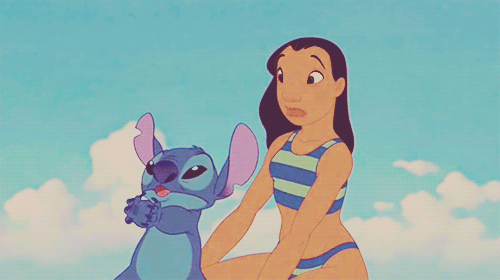
Status in family:
.
Hoʻokahi - Single - Célibataire
Hapai - Pregnant - Enceinte
Hanai - Adopted - Adopté
Kāne wahine make - Widower - Veuf
Wahine kāne make - Widow - Veuve
.
.
.
Hey ! Hope you find this list helpful :) Btw I’m not sure about the traduction I found for niece and nephew so if you have a better one, send me a message ! (Or if you spot a mistake)
#internationalyearofindigenouslanguages#vocab list#vocabulary#langblr#studyblr#family#family vocab#hawaiian vocab#hawaiian#olelohawaii#french#french vocab#english#diastudyoc
94 notes
·
View notes
Text
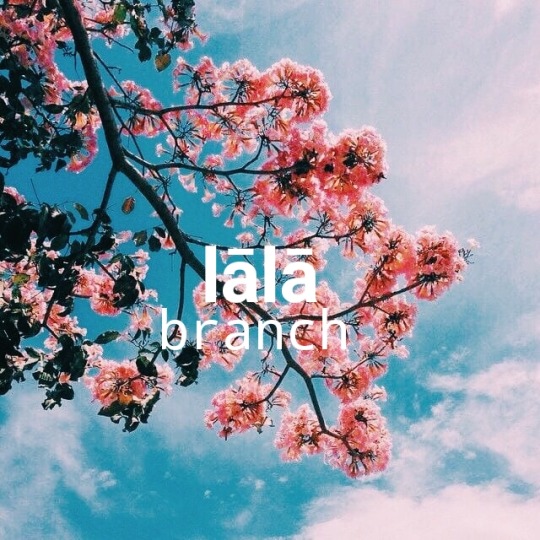
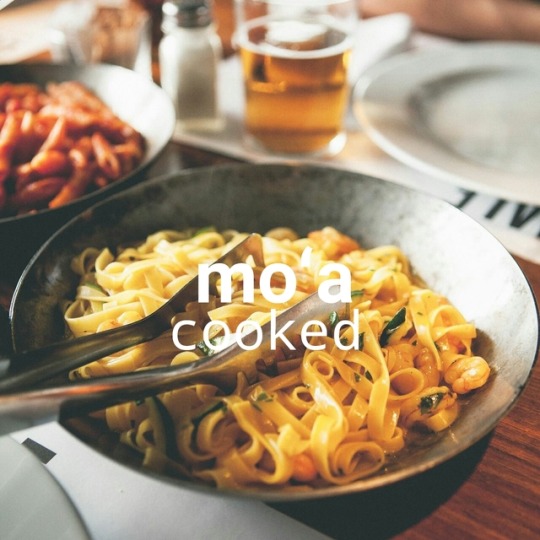
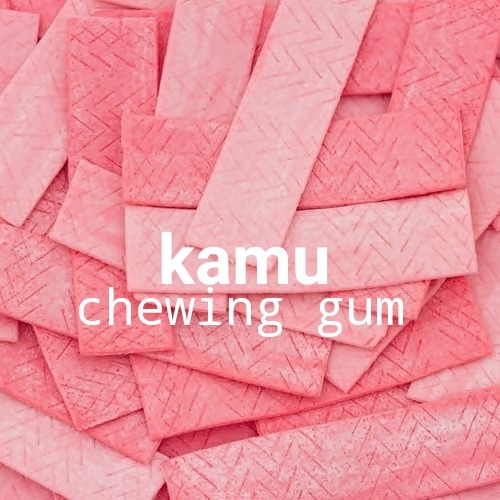
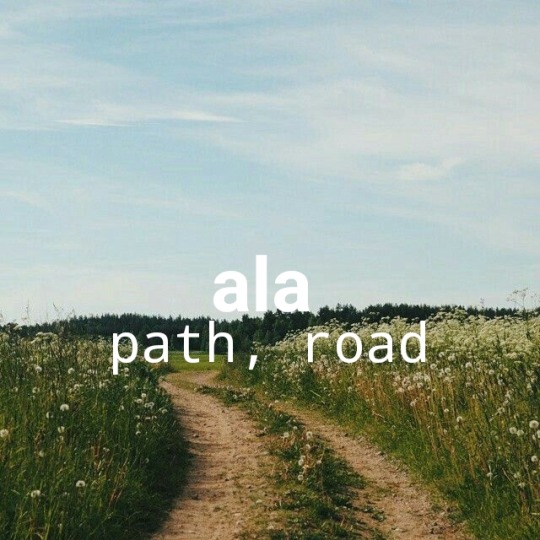



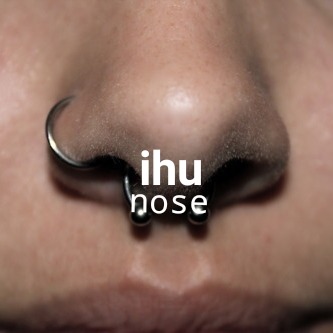

//random vocab dump no. 2
#hawaiian vocab#hawaiian#hawaiian language#hawaiian langblr#hawaii#olelohawaii#olelo#langblog#langblr#moodboard
124 notes
·
View notes
Text

Poliahu
"Wai maka o Poliahu I ka ʻeha a ke aloha Kaumaha i ka haʻalele O ʻAiwohi kupua
Anuanu ka ʻiu kēhau O Mauna Kea Aʻohe ana ipo aloha E hoʻo pumehana
Kau mai ka haliʻa aloha O ka wa mamua Puolu ka wai o Nohi Kuʻu mehameha
He lei ko aloha No kuʻu kino Pili poli hemoʻole No na kau akau
E hoʻi mai e hoʻi mai E kuʻu ipo E hoʻi mai e hoʻi mai E pili kāuaE hoʻi mai e hoʻi mai ʻoe E hoʻi mai ʻoe ē, ē E hoʻi mai ʻoe"
(Tears of the snow goddess and the pains of love Saddened by separation of Aiwohi, the demi-god. Cold the sacred dew of Mauna Kea and no one to love, to warm, to enact memories of love. Of times gone by. Refresh the water of Nohi and my loneliness Your wreath of love for my body and bosom tied closed, put in place forever. Come back to me my sweetheart. Come back to me as we embrace. Come back to me. Come back to me. Come back to me)
Aiwohikupua, chief of Wailua, Kauaʻi, was originally from Kahiki and vowed never to marry a Hawaiian woman. He heard of the beauty of Lāʻieikawai and set out to find the beautiful mortal and propose to her.
He stopped at the harbor of Haneoʻo in the Hāna district of Maui and met Hinaikamalama, the chiefess of Hana. He was invited to join the surfers and was smitten with Hinaikamalama. She, in turn, fell in love with him. Mindful of his quest and remembering his vow, he declared that he would not give himself to any woman until he traveled to the island of Hawaiʻi. He promised to return for Hinaikamalama and asked her to remain faithful to him.
Continuing on his journey to find Lāʻieikawai, he arrived at Paliuli with a feather cape as a gift for the beautiful woman. Amazed by her hale in Puna, thatched with the yellow feathers of the ʻōʻō bird, he was embarrassed by his gift, not equal to the roof of her hale. He left without seeing Lāʻieikawai and sailed for Kauaʻi.
Along the coast of Hāmākua, he saw a woman of extraordinary beauty reclining on a cliff. He landed, made her aquaintance, and spoke of love to the woman in a snow white draping gown. She was Poliahu, the snow goddess of Mauna Kea and also of kupua descent, like ʻAiwohi. She reminded him of his promise to marry Hinaikamalama but, if he was released from his vow, he could return and she would marry him. They exchanged capes and he continued on, avoiding Hāna and the chiefess who expected to become his wife.
When he arrived home, his sisters agreed to accompany him to Hawaiʻi to plead ʻAiwohi’s case to win the hand of Lāʻieikawai. Obsessed with her beauty, he again set sail for Hawaiʻi. Poliahu saw their canoes when they passed Kaʻelehuluhulu, Kona, and was disappointed when they did not land. ʻAiwohi and his sisters went to Paliuli and as each sister presented his case, each was rejected by the beautiful woman. Hearing of his his rejection, ʻAiwohi returned home to Kauaʻi and eventually remembered Poliahu. ʻAiwohi sent his messengers to Poliahu asking her to prepare for his return and their wedding ignoring his promise to her to relinquish his vows to Hinaikamalama. Preparations begun and ʻAiwohi promised to arrive in 4 months. On the day of Kulu, on the 4th month, the 3 mountain were covered with snow, as promised by Poliahu.
Aiwohi arrived at Waiulaula and was greeted by his bride-to-be and the other snow goddesses of the mountains, Līlīnoe, Waiau and Kahoupokane. After their marriage, the couple sailed to Kauaʻi and made their home above Honopuwai.
When Hinaikamalama learned of the wedding of her betrothed, she was enraged and went to Kauaʻi to confront her lover. The chiefs were gathered at Mānā for a celebration where Hinaikamalama accused ʻAiwohi of unfaithfulness. ʻAiwohi’s actions were then condemned. Humilated, Poliahu returned to Mauna Kea and ʻAiwohi agreed to fulfill his promise to Hinaikamalama. The night of their marriage, Poliahu sent the chill of her snow to cover them with intense cold. Whenever Hinaikamalama and Aiwohi tried to be together, Poliahu would send the intense cold of her snow. Frightened, Hinaikamalama returned to Hāna without ʻAiwohi and their marriage was never consumated.
Poliahu remains at Mauna Kea, brokenhearted.
Key:
Tahiti
House
Demigod or supernatural being
The 17th day of a month
Mauna Kea, Mauna Loa, Hualālai
#hawaiian#hawaiian islands#hawaiian legends#mo'olelo#poliahu#photography#mauna kea#hawaiian culture#hawaiian chant#olelohawaii
8 notes
·
View notes
Photo
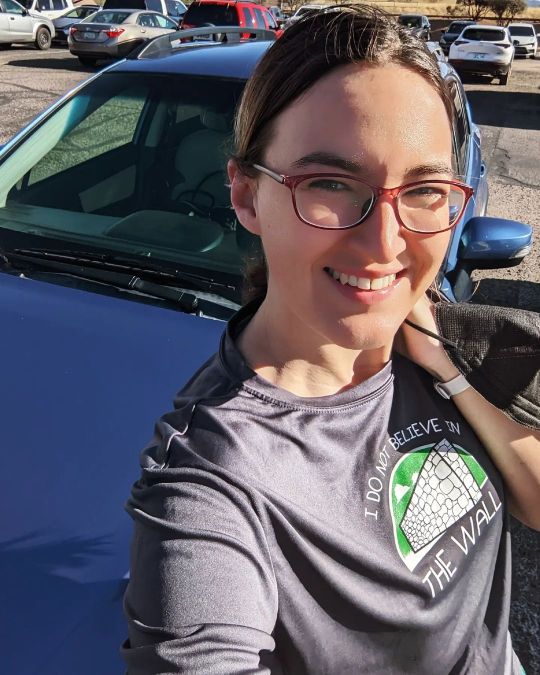
One GIGANTIC source of stress is finally handled! Maybe now my cortisol levels can chill tf out! . Please meet Lelewa'a Carfefe Rose, lovingly nicknamed Woobie! I stopped by @dutchbroscoffee and the super adorable 🌈 maybe 20-year-old that took my order was like "oh my God I love your soobie woobie" hence the nickname. He's bad at taking pictures of himself so you get too much of me in here lol. . #LeahRoseFTW #subaru #🌈 #whaleshark #olelohawaii #newtome #secondhand (at Dutch Bros Coffee) https://www.instagram.com/p/CbbS7zMpCpa/?utm_medium=tumblr
0 notes
Text
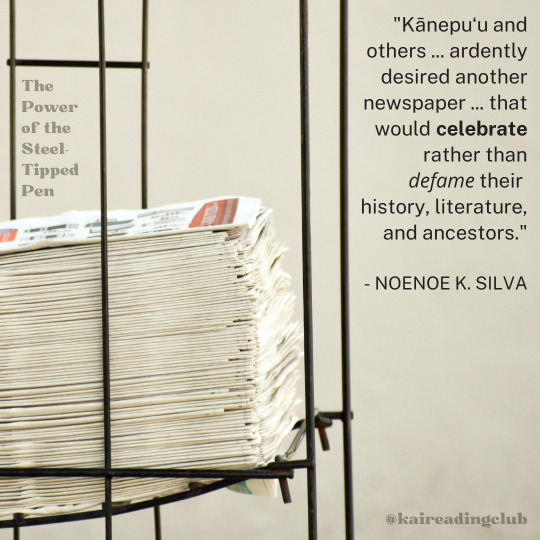
Over time, missionaries bought the ownership of certain newspapers, such as Ka Nupepa Kuokoa in 1864. The missionaries became editors and assistant editors to publications that Hawaiian communities were reading. Readers from the church wrote suggestions "to make the paper more puritanical." ⛪
Slowly, the newspaper became more of an outlet for evangelizing rather than Hawaiian-centered literature and news, causing disdain among contributors such as Joseph Hoʻonaʻauao Kānepuʻu. ✍️
Do you see bias in news outlets today? What methods do you use to understand prejudices that may be presented while reading a news article? 🗞️
#bookclub#readingclub#igreads#bookstagram#booksofinstagram#indigenous#kanakamaoli#nativehawaiian#reading#KanakaMaoli#UHManoa#UHPress#Indigenous#Pasifika#NativeHawaiian#Hawaii#OleloHawaii#Native#KaiReadingClub#PowerOfTheSteelTippedPen#NoenoeKSilva#booklr#tumblrreads#bookish#readers of tumblr#literature#academia#currentlyreading#wanderlust#aesthetic
18 notes
·
View notes
Photo
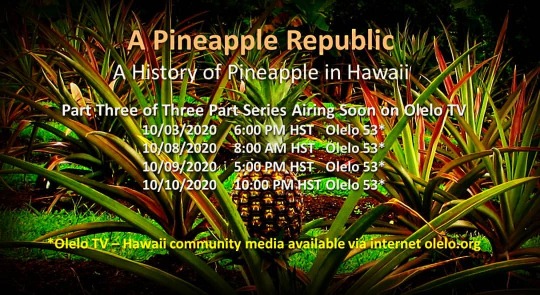
A Pineapple Republic - Three-part series . . . #pineapplehawaii #pineappleplantation #olelohawaii #olelotv #documentary #pineapple #zyaoimedia #japanesetourist (at Hawai'i, U.S.A) https://www.instagram.com/p/CFlqpGLgpm5/?igshid=107pkxzrra74z
#pineapplehawaii#pineappleplantation#olelohawaii#olelotv#documentary#pineapple#zyaoimedia#japanesetourist
0 notes
Photo

Thanks to @keoladonaghy at @UHMaui, there is now a Hawaiian language keyboard extension for Chromebook users to easily type the kahakō and the ‘okina. Details at HawaiiTech.com #hawaiianlanguage #olelohawaii #hawaiian #chromeos #chromebooks #okina #kahako (at UH Maui College) https://www.instagram.com/p/CFLa3u-jDtx/?igshid=1p7u79s3vjzvo
0 notes
Photo
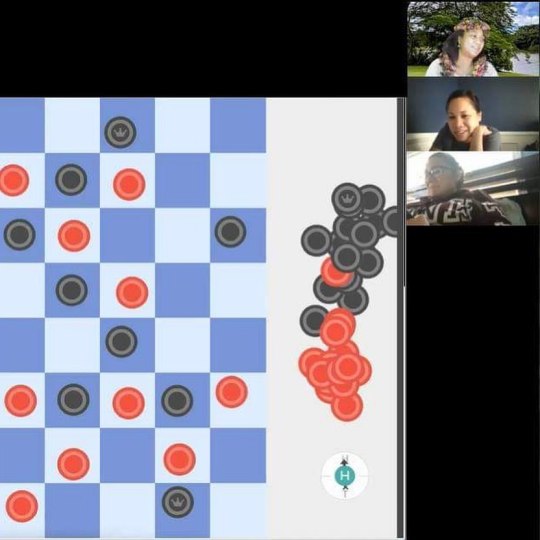
Tonight's class learned directions while learning how to play Kōnane or Hawaiian Checkers. @judithmtz14 @supovadea ~ Judith W O N ~ 😆 . . . . #halaukalama #halaukalamastudios #olelohawaii #kapapaolelohawaii #zoom #onlineclasses #zoommeeting (at Zoom-Online) https://www.instagram.com/p/CAweZKtAarS/?igshid=1rl5rxvxobfrg
0 notes
Photo

pono - goodness, righteous, uprightness, morality, correct or proper procedure, excellence, prosperity, well-being, benefit, behalf, equity, sake, fitting, just, virtuous, accurate, relieved, should, ought, must, necessary *phew!* Example: `O ke ali`i pono ‘o Lili'u'okalani Translation: Lili'u'okalani is the just queen.
Credit: https://alchetron.com/Liliuokalani-1167946-W
7 notes
·
View notes